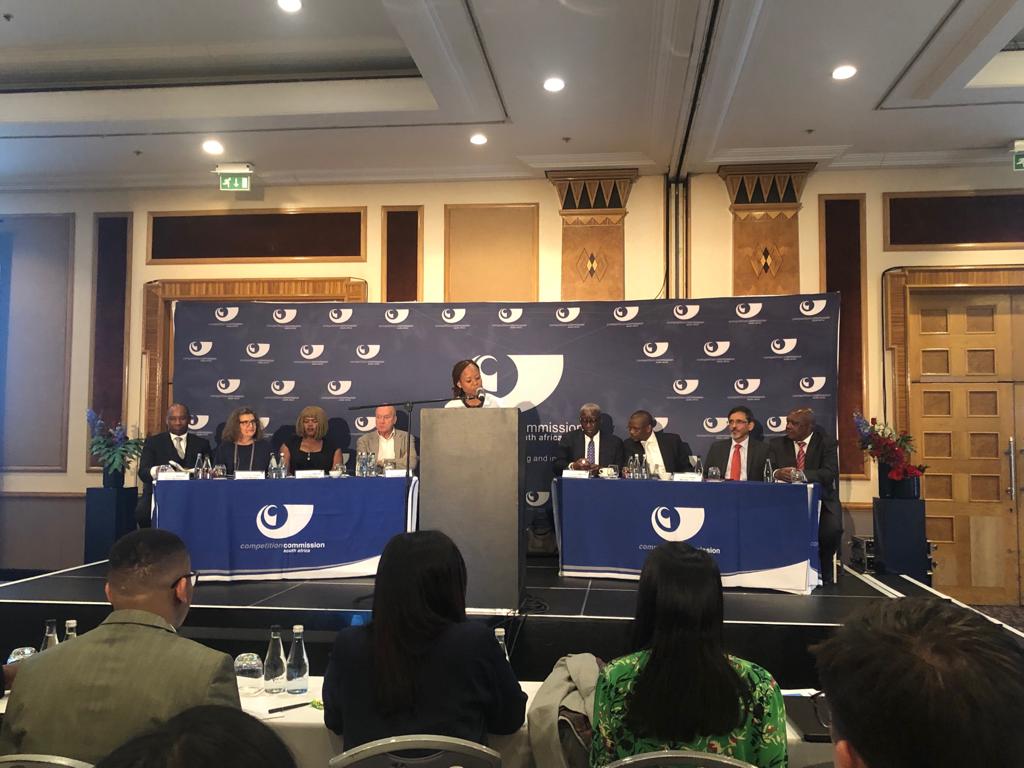The final report with the findings from the Competition Commission’s Health Market Inquiry (HMI) into the South African private health sector was published on 30 September 2019.
The inquiry’s primary focus was on funders, private hospitals and HCPs, with a key finding that the dominant positions held by a few major market players stifled competition, contributed to increasing costs of care and negatively impacted patient care in various ways. The inquiry provided a package of linked recommendations on how this should be addressed, placing emphasis on the government’s responsibility in terms of driving pro-competition regulations and changes.
Significantly, the legislative foundation for implementing some of the HMI recommendations already exists. This makes it imperative for SAMED and members to understand and prepare for the impending impact on our industry.
Medical devices featured in the inquiry’s findings in relation to several matters, namely:
- Over-servicing, which referred to procedures, treatments and care – including the use of medical technologies and diagnostics – that were not indicated by recognised treatment protocols. Incentives contributed to supply-induced demand, excess utilisation and increased costs of health technologies.
- Healthcare is adversely affected by dominant market power of facilities and HCPs and relationships between them and the suppliers (including of medtech products).
- There is a lack of systematic data on expenditure on health technology. Spending on medical devices in South Africa’s public and private per capita expenditure was found to be comparable to other BRICS countries. It was concluded that the increased spend on medtech from $1 048 million (2010) to $1 102 million (2016) is attributable to a deficiency of appropriate health technology assessments (HTA).
- The absence of regulations on HTA was described as a “significant regulatory failure”, with the HMI requesting the development of processes and protocols to assess impact, efficacy and costs of medical technology. It recommended a collaborative approach that involves relevant role-players including SAHPRA, CMS and national and international experts.
SAMED’s Executive Officer, Tanya Vogt, says that the association is keen to work with relevant role-players to ensure that:
- Processes and results of HTAs are transparent, relevant, appropriate and understood by all.
- HTAs take into account the unique nuances of the medtech industry and the fast rate of innovation.
- Outcomes data becomes available to patients, suppliers and other relevant parties to facilitate the benefits to patients from improved access to innovative medical technologies.
- The South African medical technology sector remains robust and sustainable and increases its contribution to the achievement of national health goals and economic advancement.
We recognise the immense value of data that results from HTAs and from continued monitoring of patient outcomes. At the same time, everyone involved in the health service should follow sound processes that ensure data governance and integrity of how we use this data,” says Tanya.
Overview of HMI’s recommendations
The inquiry recommends the creation of two new bodies: (i) a supply-side regulator for healthcare (SSRH) which will be responsible for healthcare facility planning, economic value assessments, health services monitoring and health services pricing; and (ii) Outcomes Monitoring and Reporting Organisation (OMRO) which will be a platform for providers, patients and other stakeholders to generate patient-centred and scientifically sound information on health outcomes.
Specific areas of SSRH’s mandate that affect medtech procurement and contracts are:
- Setting up of a multilateral negotiating forum that will set prices for practitioners providing basic and supplementary benefits and services.
- Leading a research function that can advise on best practice for different medical conditions.
- Conducting or managing the contracting of HTAs to guide cost-effective practices.
- Liaising with OMRO to ensure that HCPs report on health outcomes and use the data for relevant HTAs.
“It is important to note that the inquiry put a significant emphasis on value-based contracting. SAMED supports this approach within which it is necessary to use data from HTAs and health outcomes to inform the role of medical technologies within packages for various conditions and reimburse them accordingly,” says SAMED’s executive officer Tanya Vogt.
“As the voice of the medtech industry, SAMED intends to play an active role in tracking the developments, informing our members and representing our industry’s interests in future negotiations regarding benefits packages and alternative reimbursement models. Medical technologies contribute to healthcare in vital ways, and this needs to be appropriately taken into consideration when funders and hospital groups begin to engage in negotiations on different packages of care with the involvement of SSRH.
“In other words, it is essential that medtech companies step up their monitoring, data collection and formulation of the values that the products bring to health service so that we have this information ready by the time SSRH commences its operations,” says Tanya.

